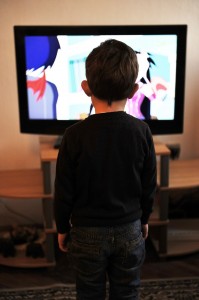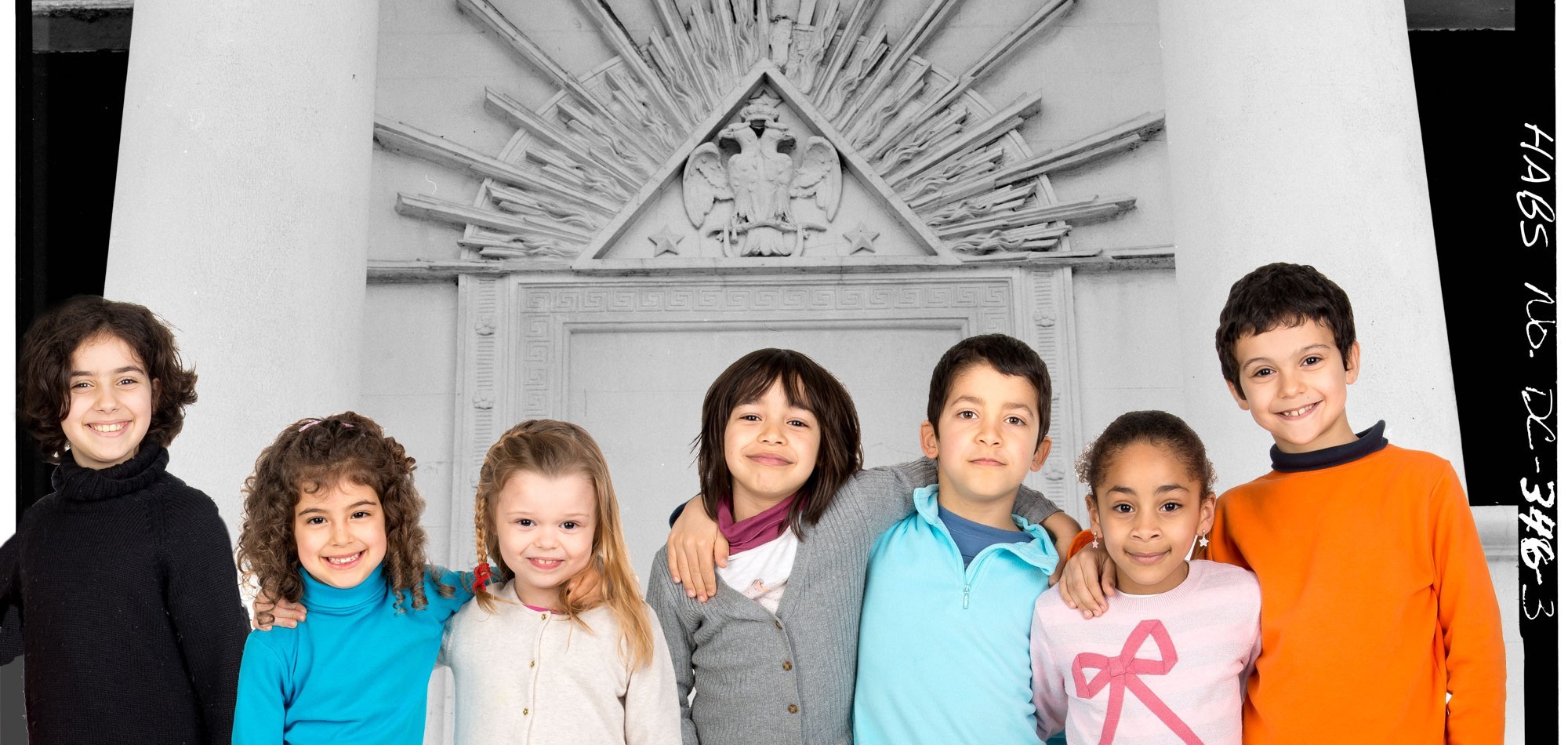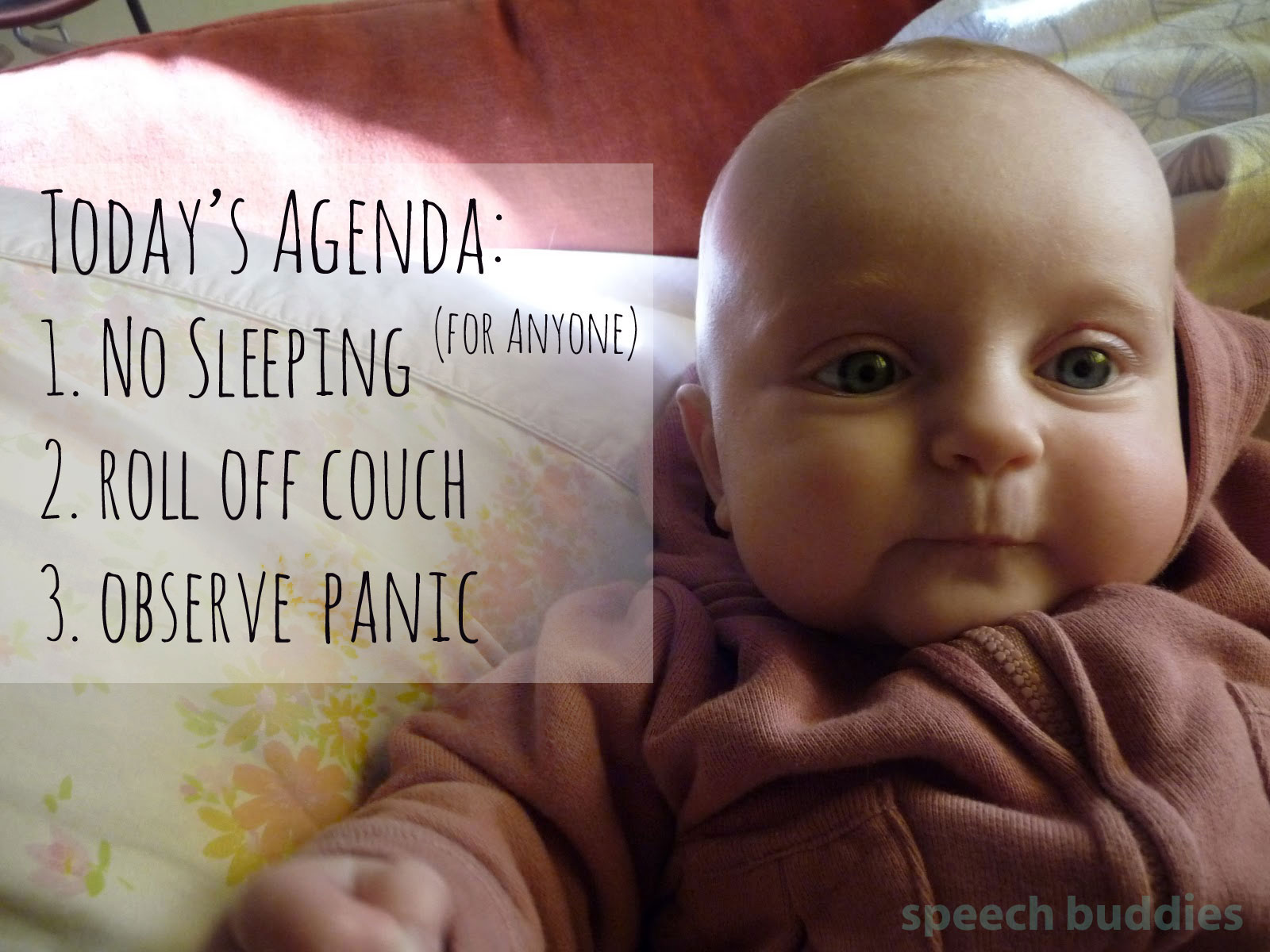 There is plenty of frenetic activity during the holidays—baking, wrapping, picking up in-laws at far-flung airports—but the holiday season is also a time when our regular routines grind to a halt. Kids stay home from school, appointments are put off until after the New Year, and cold weather drives even the most driven among us to hunker down inside.
There is plenty of frenetic activity during the holidays—baking, wrapping, picking up in-laws at far-flung airports—but the holiday season is also a time when our regular routines grind to a halt. Kids stay home from school, appointments are put off until after the New Year, and cold weather drives even the most driven among us to hunker down inside.
RiteCare Speech and Language Clinics
Financial Resources Other Resources
Image by Diego Delso, Wikimedia Commons, License CC-BY-SA 3.0. Overlay text added.
Unless someone in your family is a member of a masonic order, it’s possible that everything you know about the long history of American freemasonry comes from the popular 2004 Disney movie National Treasure where Nicholas Cage teams up with a beautiful archivist to uncover the secret location of a massive treasure hidden by Free Masons in the 18th century. Spoiler alert: they find it buried underneath Manhattan’s Trinity Church. Or you’ve spent some time trying to unlock the secrets of the pyramid on the US dollar bill? Even if you missed National Treasure and you don’t care about the mysteries of our currency, you have probably heard of the Shriners. They’re the masonic order that puts on the circus, wears the red Fezs’, and raises millions and millions of dollars for children’s hospitals devoted to treated children with the terrible injuries and illnesses. Well, if you have a child with a speech, hearing, or learning delay, there is one masonic order that you should definitely know about: the Scottish Rite. In the US the Scottish Rite’s financial support for children with language disorders ranks second only to support provided by the public schools. Although slightly less glamorous than buried secret treasure, and not quite as well-known than the Shriners, the Scottish Rite is a serious supporter of the speech and language community.
Why Pediatricians are amongst New Parents’ Best Friends
Parents' CornerEvery parenting book you’ve ever read tells you to never, never, never leave your baby unattended while you hunt frantically around your house for a diaper. And on this topic, every parenting book you have ever read is exactly correct. When my daughter was 4 months old, I laid her down on the sofa and went looking for my diaper bag. She’d never rolled over before; what could go wrong? In less than a heartbeat, she’d rolled right off that sofa and smashed her head right onto our hardwood floor. In a cold panic, I rushed her to the pediatrician’s office.
Say It Spooky: Halloween Sound Science Activities for Kids and Parents
Language Building GamesAfter the candy—never forget the candy—our favorite part of Halloween is the sounds. From ghostly “boos” to sickening “slurps,” Halloween is a time when kids and grown-ups get to dress-up, be silly, and make some extra-goofy noises. For kids in speech therapy, Halloween “sound science” activities are a great way practice new sounds and skills. And, they are also a cool way for the whole family to have even more fun experimenting with the chilling, spooky, and goofy effects sounds can produce.
What is Speech Therapy like? One Mommy’s Story.
Parents' Corner Speech Therapy for KidsIf your child needs to see a speech therapist, there are a ton of great resources to help you through the process. Teachers, pediatricians, ASHA, and the all-knowing Google can guide you through the basics: from what’s an SLP to how to do I understand my IEP? But, there are times when you just want to hear about the experience from another parent. How did they react to the idea of speech therapy? How do they find the time for it? What is Speech Therapy like? What did their other kids think about their big brother having special appointments? Did they ever get a hang of all the acronyms? How do other families go from “I think we need to see someone” to “Speech therapy, yup, that’s a regular part of our family life.”





